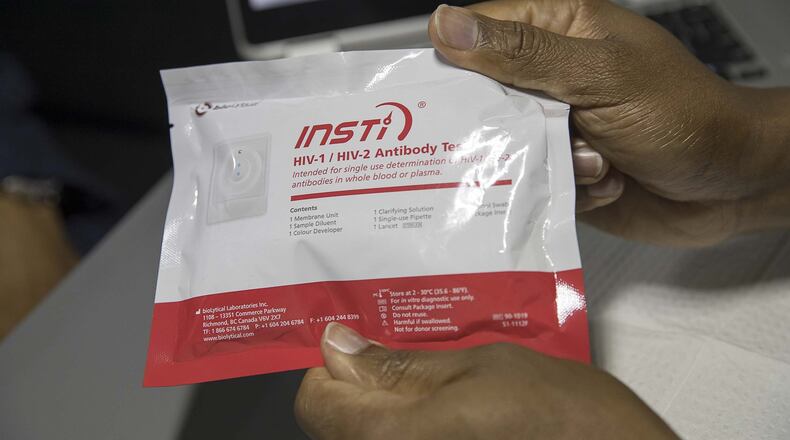The City of Atlanta will receive a year of assistance from a nonprofit to draft a comprehensive strategy to prevent the spread of HIV in the heart of a metro area that has one of the highest per capita populations of those living with HIV in the nation.
According to a press release from Atlanta Mayor Keisha Lance Bottoms’ office, the nonprofit FUSE has provided the city with a fellow, Dr. Karterria Finkley, to “establish data gathering processes and expand opportunities for preventive programs and policies.”
Some ZIP codes in the Atlanta area have HIV/AIDS rates six to eight times higher than the national average, according to recent research from Emory University.
“By the time patients in Atlanta are diagnosed as HIV positive, about a quarter have AIDS, which means they have likely been living with the virus for eight to 10 years,” a 2018 report from Emory reads.
FUSE is a nationwide organization that works with local governments on urban committees’ most pressing problems, including economic and workforce development, healthcare, public safety, climate change and education.
FUSE has placed more than 160 executive fellows in over 100 local government agencies since 2012, according to the nonprofit’s website.
“Ninety-percent of our partner government agencies have returned each year with requests to host additional executive fellows,” according FUSE’s website.
The city’s press release says that Dr. Finkley has more than 10 years of public health service locally and internationally, with a focus on decreasing health disparities. She has worked with the University of Alabama at Birmingham, the DeKalb County Board of Health, the Atlanta Veterans Affairs Medical Center and UNICEF, among other organizations.
“The HIV/AIDS epidemic has long plagued the people of Atlanta and disproportionally affects people of color and members of the LGBTQ community,” Bottoms said in statement. “I sincerely thank the team at FUSE Corps for their generous support on this effort.”
About the Author
Keep Reading
The Latest
Featured

